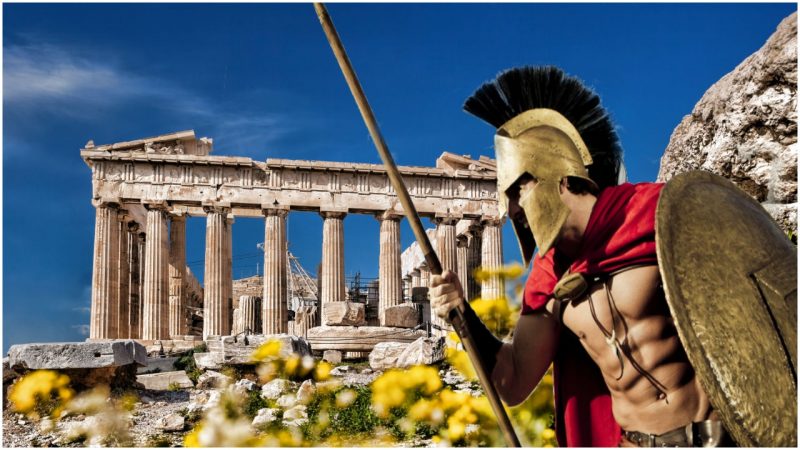When the United States-North Korea meeting took place this past spring, many people discussed whether there would be a formal end to the Korean War of 1950-53.
Though hostilities ended sixty-five years ago, there was never a signed peace treaty, and a number of violent incidents have occurred between the nations of North Korea and their American and South Korean adversaries. What if I told you that a war was fought that never “officially” ended for two thousand five hundred years?
The Peloponnesian War of 431-404 BC between the Greek city-states of Athens and Sparta was a pivotal period in world history.
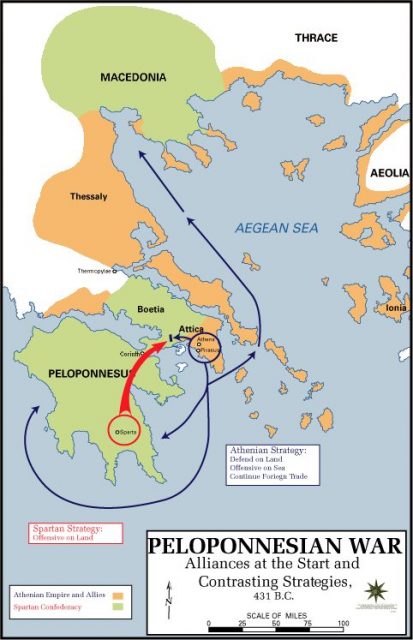
Athens, the semi-democratic state that lent so many of its ideals to Rome and to western civilization as a whole in the modern age, and Sparta, the professional military state that seemed to have no parallel on the battlefields of the time, fought a war for control of Greece and the eastern Mediterranean Basin.
When the costly war ended, Athens’ “Golden Age” was a thing of the past, and the Spartans brief control of the Greek peninsula and its surroundings soon ended.
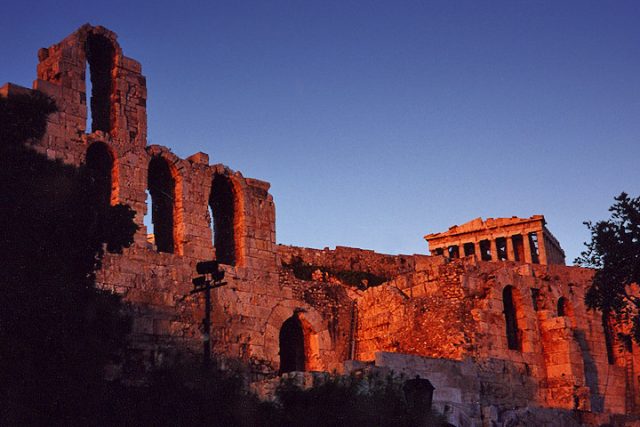
When the war ended in 404 BC, Athens was ravaged by disease brought on by a Spartan blockade, and when the leaders of their enemy offered an end to hostilities, the Athenians jumped at the chance – their beautiful city was being decimated by disease, starvation and drought.
Thucydides’ famous account of the war tells us that at the end of the conflict, the Spartans (here referred to as the Lacedaemonians for the area where Sparta lies) gave terms of surrender to the Athenians: “…this word to Athens. And as they were entering the city, a great crowd gathered around them, fearful that they had returned unsuccessful; for it was no longer possible to delay, on account of the number who were dying of the famine.
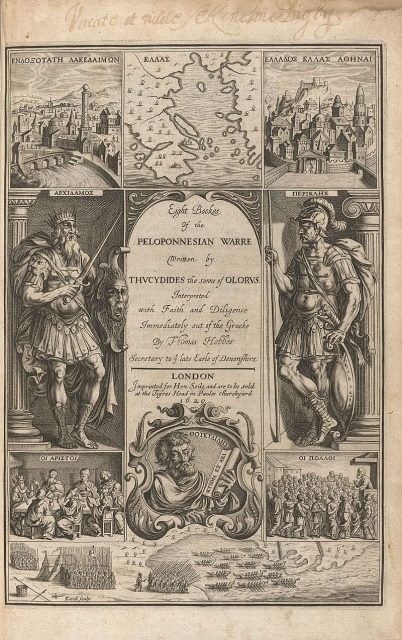
On the next day the ambassadors reported to the Assembly the terms on which the Lacedaemonians (Spartans) offered to make peace; Theramenes acted as spokesman…and urged that it was best to obey the Spartans and tear down the walls.
And while some spoke in opposition to him, a far greater number supported him, and it was voted to accept the peace.” However no actual signed treaty has ever been found or reported.
Things you may not know about Roman Gladiators
The leading citizens of Athens voted, and the twenty-seven year old war ended. Both nations were devastated – neither was ever the same. Athens’ time as the crowning glory of human civilization was past. The military might of Sparta was at its height, but soon began a slow decline, and in the mountainous areas of northern Greece, a new power was just beginning its rise.
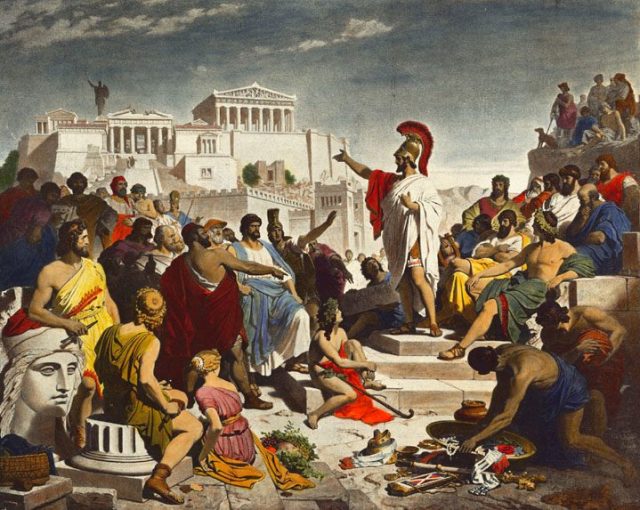
Under kings Archelaus, Amyntas III, and his son Philip II, the Macedonians slowly became the most powerful kingdom in the Mediterranean. Under Philip’s son Alexander (356-323BC) , the Macedonians would for a short time be the most powerful empire in Europe and the Middle East. The defeat of Athens and the weakening of Sparta during the Peloponnesian War assured it.
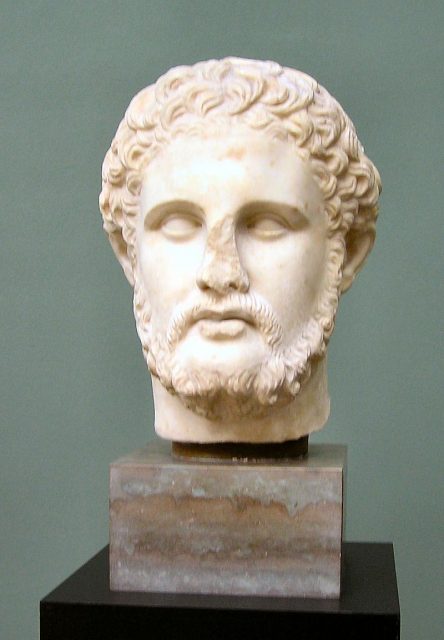
In 1996, the mayors of Athens and Sparta decided that their 2,500 year old war should come to a formal end. Greeks in Greece and the Greek Diaspora will tell you that there are still many differences between Athenians and Spartans, and there will likely always be an unstated competition in comparing their historical legacies, but for a brief time in the late 1990’s, Athens and Sparta came together to officially end the world’s longest war.
On March 12th, 1996, Athens’ municipal spokesman Vassilias Talamangas announced: ‘This year marks the 25th century since the end of the Peloponnesian War and this symbolic peace pact is our way of commemorating its end!”
Matthew Gaskill holds an MA in European History and writes on a variety of topics from the Medieval World to WWII to genealogy and more. A former educator, he values curiosity and diligent research. He is the author of many best-selling Kindle works on Amazon.
